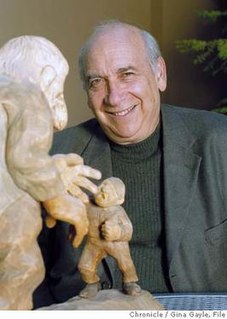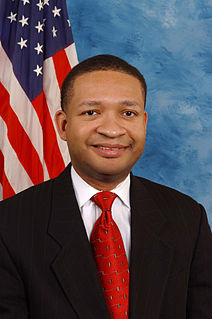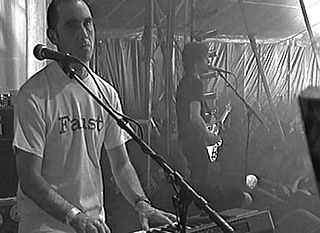A Quote by Margaret Halsey
Folklore is a collection of ridiculous notions held by other people, but not by you and me.
Quote Topics
Related Quotes
Common sense is not something rigid and stationary, but is in continuous transformation, becoming enriched with scientific notions and philosophical opinions that have entered into common circulation. 'Common sense' is the folklore of philosophy and always stands midway between folklore proper (folklore as it is normally understood) and the philosophy, science, and economics of the scientists. Common sense creates the folklore of the future, a relatively rigidified phase of popular knowledge in a given time and place.
Just do exactly what it is that makes you want to do what you do. The stuff I listen to in my private collection, it's what moves me, makes me want to play. I want to make other people feel like I feel when I listen to that music. Whether other people like it or criticize it - even if there's only 10 people on the planet that love it, you're touching 10 people that way.































